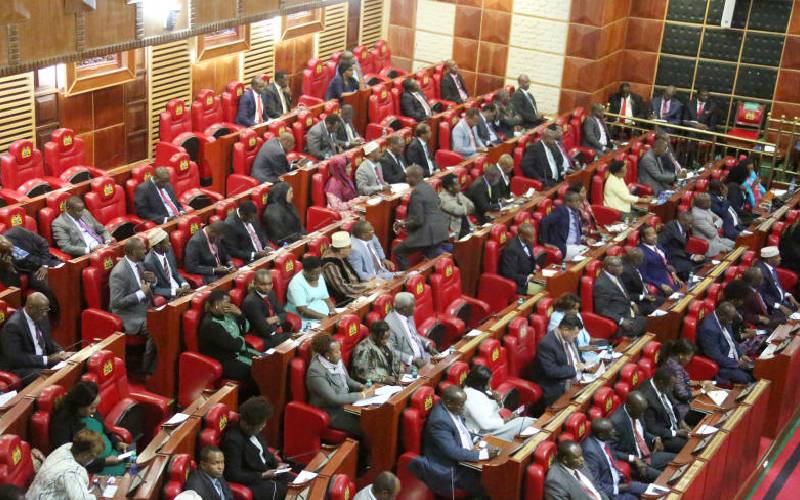×
The Standard e-Paper
Join Thousands Daily

Members of Parliament will take home less salary come Christmas after the Court of Appeal declined to suspend an order requiring them to refund Sh2.7 billion they allocated themselves as house allowance.